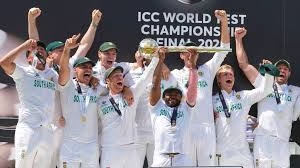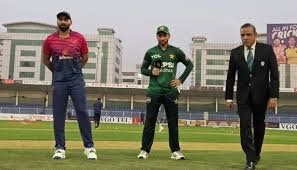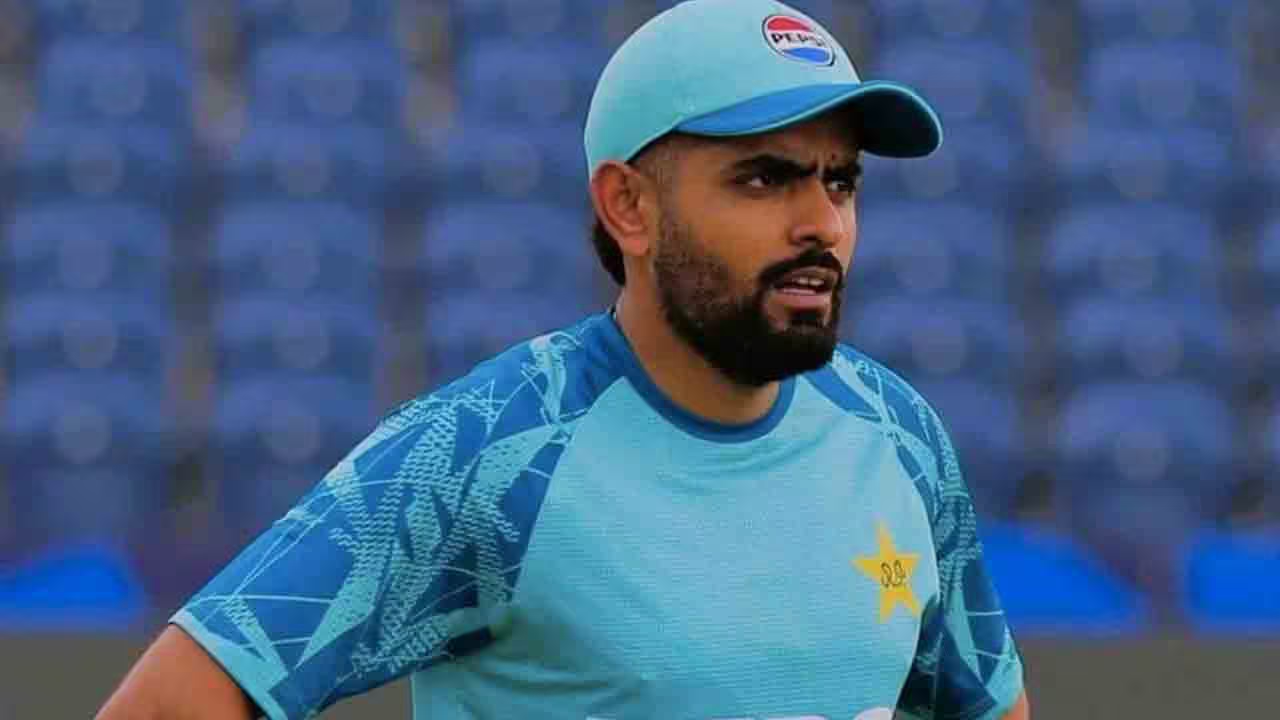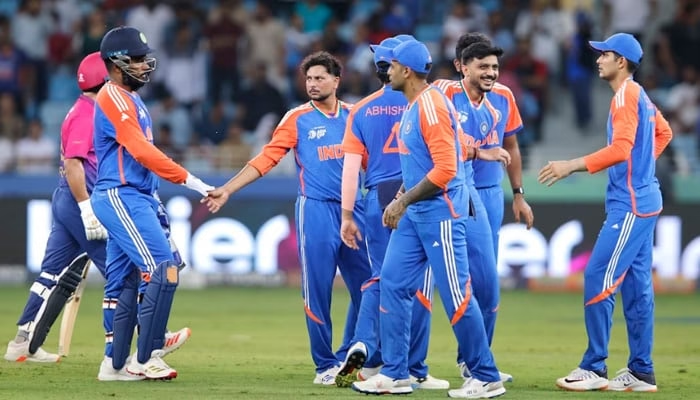South Africa’s thrilling five-wicket win over Australia in the World Test Championship (WTC) final at Lord’s has breathed new life into Test cricket, but it has also reignited debate over the competition’s confusing and uneven structure.
The match itself was a gripping four-day contest that showcased the very best of the five-day format. Bowlers dominated early on, with 24 wickets falling in the first two days, before the pitch eased and the batters mounted impressive recoveries. South Africa eventually sealed the win before lunch on day four, in a performance praised by players and pundits alike.
However, while the quality of the cricket was widely celebrated, many of the sport’s leading voices say the WTC format itself is in desperate need of reform.
Confusing Path to the Final
Critics argue that the current system is too complicated and lacks fairness. South Africa, for instance, reached the final without having played either Australia or England during the two-year qualification period.
“It’s very hard for the average cricket fan to understand who’s the best team in the world and how exactly the top two teams make it to the final,” said former England captain Michael Vaughan.
The current structure ranks teams based on the percentage of points earned from available matches. But because countries play a different number of matches — South Africa played 12, while Australia played 19, and England played 22 — the ranking system often feels arbitrary and unbalanced.
England captain Ben Stokes echoed the confusion:
“I can’t remember if I’ve ever even given any real time to specifically thinking about the World Test Championship… it’s utterly confusing.”
Financial Disparities and Scheduling Inequity
Test cricket remains financially burdensome for some countries, including South Africa. As a result, boards often limit the number of Tests they play in a cycle. This creates disparities in the competition and raises questions about the legitimacy of the pathway to the final.
Michael Atherton, another former England captain, wrote last week:
“The fixture list is uneven; not everyone plays everyone else, and some have an easier ride than others.”
Currently, five-Test series are limited to clashes between the so-called “Big Three” — Australia, England, and India — further deepening inequality within the format.
Next WTC Cycle Begins Tuesday
The new WTC cycle kicks off Tuesday with Bangladesh starting a two-Test series in Sri Lanka. South Africa, now WTC champions, are scheduled to play 14 Tests this cycle — including full series against both Australia and England, though only two Tests against India.
While this addresses some concerns, it still falls short of creating a fully balanced round-robin league where every team plays each other equally.
Calls for Reform Grow Louder
Despite widespread appreciation for the thrilling cricket on display in the final, the WTC’s flaws are increasingly difficult to ignore. With uneven fixtures, inconsistent points allocation, and lack of clarity for fans, pressure is mounting on the ICC to revisit the format.
“Everyone knows the WTC in its present guise is flawed,” Atherton concluded. “And that solutions, with so many competing interests, are fiendishly difficult.”
As the new cycle begins, players and fans alike will be watching not only the matches on the field — but whether the sport’s leaders can finally address the off-field issues undermining the Championship’s credibility.



